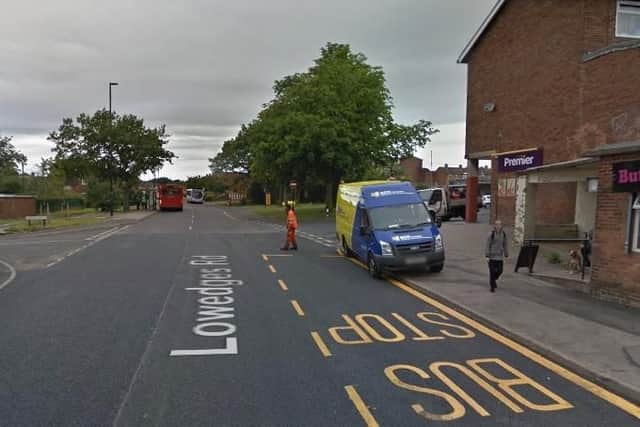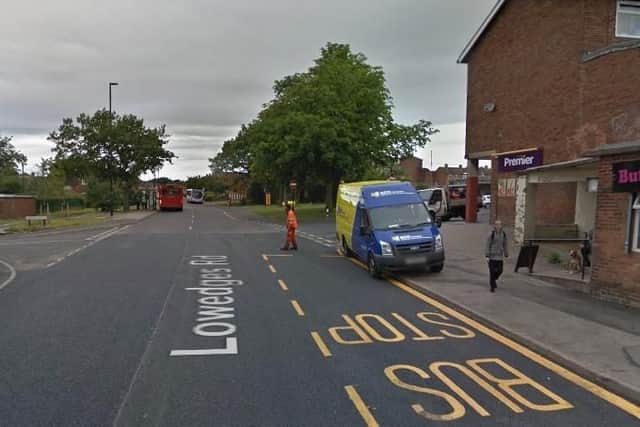Robin Hood of Sheffield may have '˜dropped money' '“Â but can you legally keep it?Â


Eye-witnesses reported that a mystery motorcyclist threw £20 notes to strangers on Lowedges Road before riding off.Â
One woman said that more than £600 was chucked onto a road with one lucky street cleaner picking up around £200.Â


Advertisement
Hide AdAdvertisement
Hide AdShe said: 'The guy on the motorbike never stopped or even looked back. Robin Hood or insane who knows?Â
'Weird things happen on Lowedges but I've lived here all my life never heard of this happening.'Â
However, other locals in the area at the time reported that the money fell out of motorcyclist's pocket while he was riding down the road.Â
So, what does the law say about picking up money that's been accidentally left behind or dropped on the ground?
Advertisement
Hide AdAdvertisement
Hide AdLast year, Nicole Bailey hit the headlines after picking up £20 she found on the floor of a One Stop Convenience shop.Â
However, she was then called to a voluntary police interview after the shop owner recognised her in CCTV footage picking up the money which had been dropped by a fellow customer.Â
She was eventually fined £175 and left with a criminal record, after falling foul of the '˜theft by keeping' rules.
Many people could be guilty of this little-known offence of theft by finding.
The law explained
Advertisement
Hide AdAdvertisement
Hide AdIf you hold the belief that the property has been abandoned, accidentally dropped or lost, then it is not theft to keep it.Â
In order for the act of picking up and taking something found to be classed as theft, dishonesty has to be proven.
You then have to use the dishonesty test which asks two questions:
- According to the ordinary standards of reasonable and honest people, was what was done dishonest?
Advertisement
Hide AdAdvertisement
Hide Ad- If it was dishonest by those standards, did the defendant realise that reasonable and honest people would regard the conduct as dishonest?
Chris Fallows, a criminal defence solicitor at Slater and Gordon Lawyers, said: 'The Theft Act 1968 dictates that a person is not acting dishonestly where they appropriate the property in the belief that the person to whom the property belongs cannot be discovered by taking reasonable steps.
'Therefore, should the specific circumstances place an onus on someone to consider taking reasonable steps, and they fail to do so, they cannot benefit from this piece of legislation.
'This is a complicated area of the law and some people can unwittingly or completely inadvertently find themselves accused of theft by finding and is important to seek professional advice.'